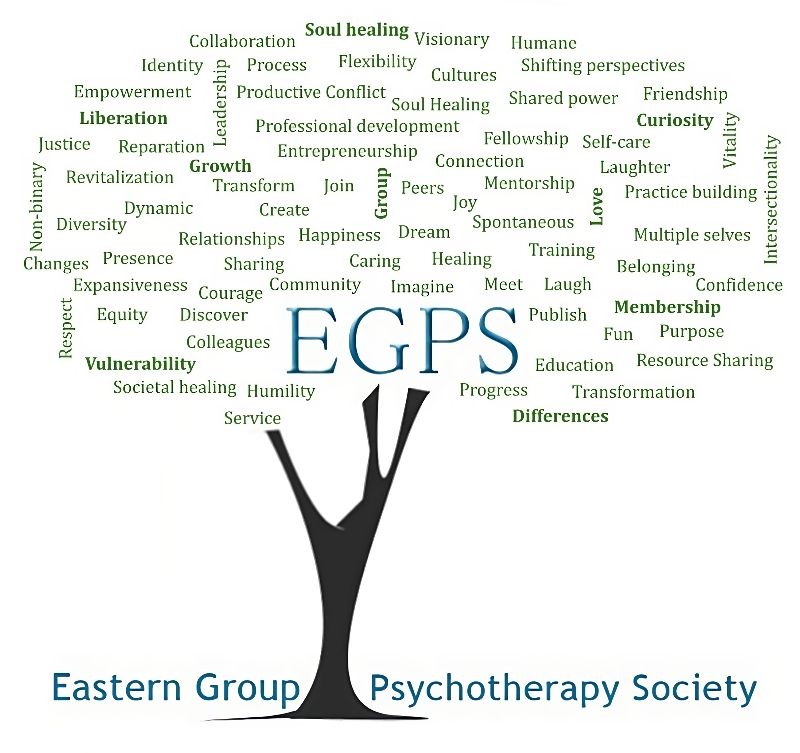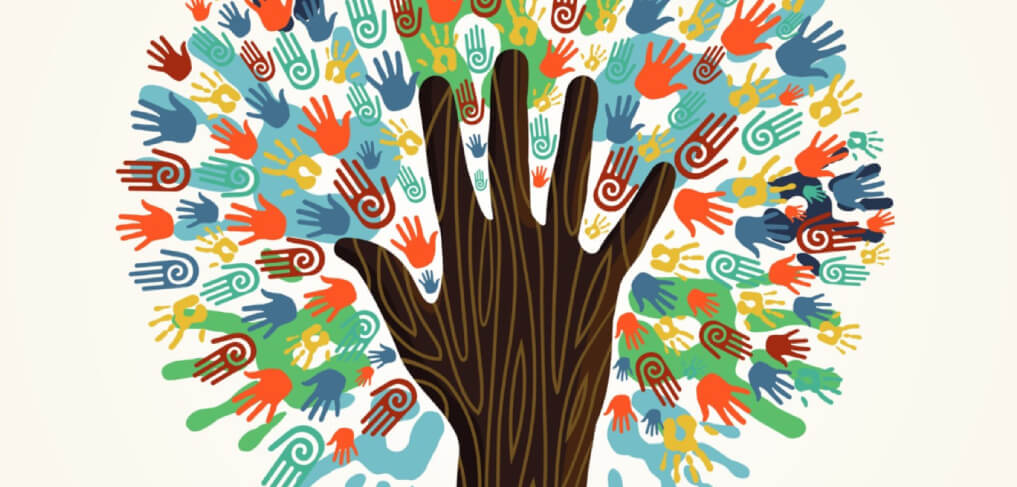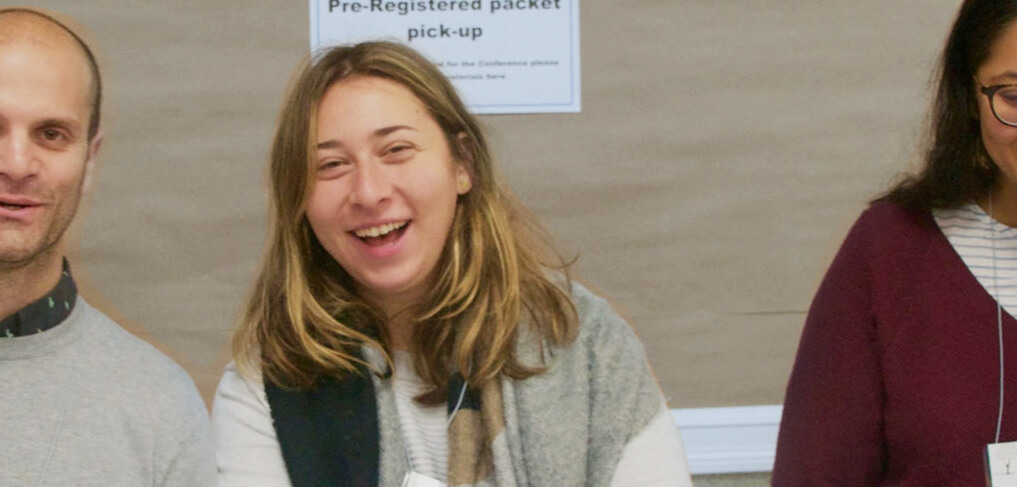- What happens during a group therapy session?
Group therapy sessions can last anywhere between 45 minutes to two hours. They generally meet on a weekly basis. Potential group members usually meet individually with the group therapist in advance to determine if the group would meet their needs, as well as to develop rapport.
Group therapists concern themselves not only with the wellbeing of the individuals in the group, but also with the safety of the group-as-a-whole. Depending on the format of the group, members work to express their own needs, feelings, ideas and reactions as freely and honestly as possible. The group becomes a place where its members can address difficult situations in a safe, caring and confidential environment.
- How is group therapy different from support groups and self-help groups?
Generally speaking, leaders of therapy groups strongly discourage contacts between members outside of the group. This rule helps protect the group and its participants from outside relationships, and it also enhances confidentiality. This is usually not true of self-help and support groups, where outside contact is encouraged as a means of boosting necessary social support. Therapy groups are run by clinical professionals who are specifically trained for that purpose. This is not true of many support groups, and is not at all true of self-help groups, which are usually facilitated by volunteers.
- Is group psychotherapy effective?
Studies have shown that groups are better at solving problems than individuals. The collective wisdom of a group of people is far broader and deeper than that of any one group member. Group members can use the group to learn and practice healthier behaviors, which can translate into improvements in important areas of life.
- What kind of commitment do I need to make?
The time commitment depends on the type of group you’re considering. Short-term groups with a specific focus can last anywhere from several weeks to several months. Many therapy groups are open-ended, meaning that there is no set point to termination. People leave these groups when they feel that they have derived sufficient benefit. In groups such as these, the therapist generally requires some kind of time commitment, so that the individual can give the group a fair chance to work for them.
- What if I am uncomfortable discussing my problems in front of others?
It can certainly feel daunting to imagine sharing one’s problems with a group of strangers. This is a common fear people have when considering joining a group. Typically, in therapy groups, a prospective group member would meet with the therapist individually before joining to establish a connection and to explore any concerns. The connection developed during this meeting often alleviates some of the anxiety and discomfort that can occur when entering into a group. With regular attendance and participation, most people soon begin to develop feelings of trust with the other members. Meeting on a regular basis with a gathering of people with similar goals can provide a great source of relief in that the group members feel less “alone” with their difficulties. Talking about shameful feelings with others tends to reduce the shame.
- How do I find a group therapist?
Search for a group leader on our member database! A professional group therapist has received specialized training in group therapy and meets rigorous standards. As was stated earlier, some group therapists have the CGP credential, which is granted by the International Board of Certified Group Psychotherapists. Others may not have that credential, but they have received training and/or have extensive experience in running groups in clinical settings.
The quality of a person’s life depends on the quality of their relationships. Much of our growth and development as human beings occurs in our relationships with numerous people simultaneously, such as occurs in families, schools, workplaces, houses of worship, and social activities.
Group psychotherapy is a form of treatment in which several people, usually between five and ten but sometimes greater, meet under the guidance of a professionally trained therapist to help themselves and one another. This form of therapy is widely used and has been a standard treatment option for over 50 years.
Under the guidance of a trained therapist, the individual, with the help of the other group members, can gain tremendous insight into issues that might be interfering with the enjoyment of life. The group gives participants an ideal “laboratory” in which to develop and experiment with newer, healthier behaviors.
Who can benefit from group psychotherapy?
Pretty much anyone, from the young to the old. Issues that are effectively treated in group therapy include:
- Difficulties with relationships
- Problems facing children and adolescents
- Aging
- Medical illness
- Depression
- Anxiety
- Other mental health issues
- Grief
- Trauma
- Addictive disorders
- And many others
Do group therapists need special training?
Yes! Unlike clinicians who only see patients on an individual basis, group therapists, through their education, training, and experience, have acquired a specialized set of skills. A group facilitator must be able to create a safe space that helps the ‘all’ of the group members attain their goals in treatment. Many group therapists have completed group training programs.
When considering entering a group, as with any other professional treatment relationship, it is important to ask the practitioner about their training and experience, as many professionals who run groups are not necessarily trained to do so.
Practitioners with the letters “CGP” after their names are certified by the International Board for Certification of Group Psychotherapists, which means that they have completed a course of study and have spent a certain number of supervised hours facilitating groups. There are many professionals who may lack the CGP, but who have completed group training programs, or have gotten a great deal of experience running groups in organized settings, such as outpatient clinics, schools, and hospital units, and bring these skills to bare in private practice.








